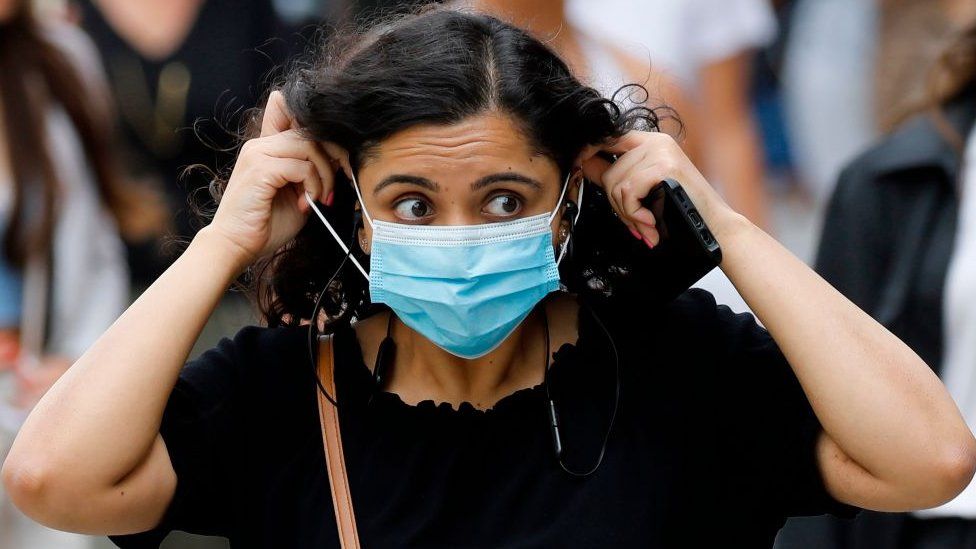Director of cricket Martyn Moxon, head coach Andrew Gale and all members of the coaching staff are among 16 people to have left Yorkshire amid the racism scandal.
A report found former player Azeem Rafiq was a victim of “racial harassment and bullying” at Yorkshire.
Moxon had been Yorkshire’s director of cricket since 2007.
Former captain Gale had been suspended as part of an investigation into a tweet he sent in 2010.
“Significant change is required at Yorkshire County Cricket Club and we are committed to taking whatever action is necessary to regain trust,” said Lord Patel, the club’s new chair.
“The decisions announced today were difficult to make, but are in the best interests of the club.
“Without making important changes to how we are run, we cannot move on from the past to become a culture which is progressive and inclusive.”
Moxon was due to appear before MPs at the Digital, Culture, Media and Sport select committee on 16 November but was absent from work because of a “stress-related illness”.
Rafiq told the committee that racist language was “constantly” used during his time at Yorkshire.
At the hearing, Rafiq said that the day after his son was still-born in 2017, Moxon “ripped shreds” off him in a manner he had never seen Moxon use when addressing anyone else at the club.
Yorkshire originally said no-one at the club would be disciplined despite the report finding Rafiq was the victim of racial harassment and bullying.
Roger Hutton, Yorkshire’s former chairman who resigned last month, said Moxon and former chief executive Mark Arthur “failed to accept the gravity of the situation”. Arthur also resigned last month.










